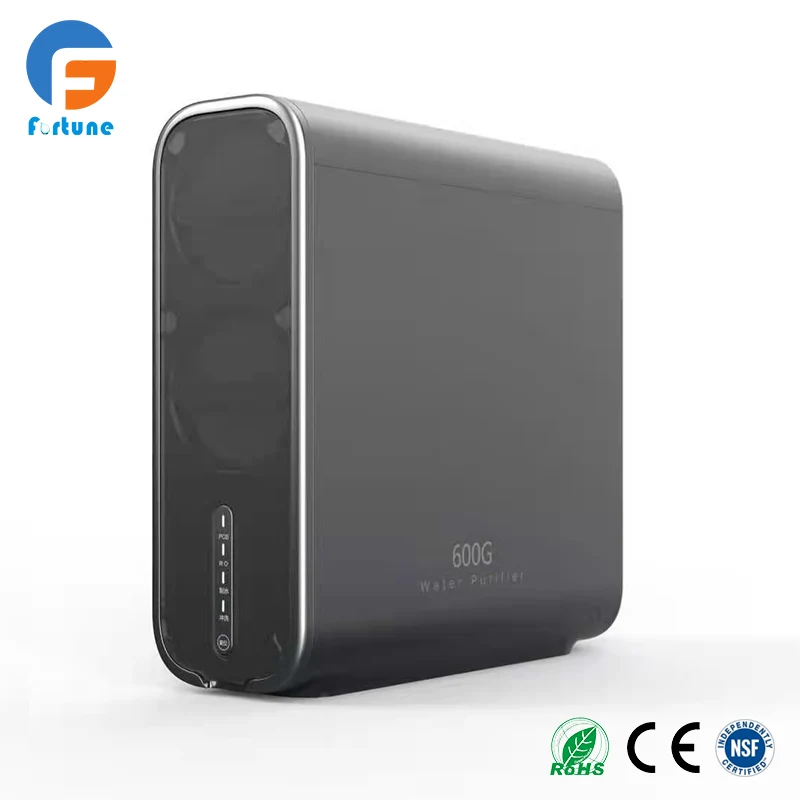Choosing the Right Residential RO Water Filter: What to Look For
2024-11-20
The market for residential RO water filters is vast, with various models offering unique features and capabilities. Choosing the right system for your home can be overwhelming. This blog provides a guide to help you make an informed decision when selecting an RO water filter.
Factors to Consider When Choosing a Residential RO Water Filter
1. Water Quality in Your Area
- Determine the level of Total Dissolved Solids (TDS) and the types of contaminants in your local water supply. This will help you choose a filter with the appropriate purification capacity.
2. Filtration Stages
- Look for systems with at least 5 stages of filtration, including pre-filters, an RO membrane, and post-filters.
3. Tank Capacity
- Choose a model with a storage tank size that matches your household’s daily water consumption.
4. Maintenance Requirements
- Opt for a system with easy-to-replace filters and clear maintenance guidelines.
5. Additional Features
- Consider models with UV sterilization, mineralizers, or alkaline filters for enhanced functionality.
Popular Types of Residential RO Water Filters
1. Under-Sink RO Systems
- Installed beneath the kitchen sink, these systems save space and are connected directly to the faucet.
2. Countertop RO Systems
- Portable and easy to set up, ideal for renters or small households.
3. Whole-House RO Systems
- Purify water for the entire home, including showers and appliances, but require a higher initial investment.
Benefits of Upgrading to an Advanced RO System
1. Smart Monitoring
- Advanced models include digital displays that monitor water quality and filter status.
2. Energy Efficiency
- Modern systems use less electricity and reduce water wastage.
3. Customization Options
- Tailor your filter system with add-ons like pH balancing or advanced remineralization.
Common Challenges and Solutions
1. Challenge: Wastewater Output
- RO systems typically produce wastewater during the filtration process.
- Solution: Opt for systems with a high recovery rate or recycle the wastewater for non-potable uses like gardening.
2. Challenge: Initial Cost
- High-quality systems can be expensive upfront.
- Solution: View it as a long-term investment that reduces bottled water expenses.
3. Challenge: Filter Replacement
- Filters need regular replacement to maintain efficiency.
- Solution: Choose systems with long-lasting filters or include maintenance in your budget.
Future Trends in Residential RO Water Filters
1. Eco-Friendly Designs
- Expect more systems to feature low-waste designs and sustainable materials.
2. Integration with Smart Homes
- Future filters may connect to home automation systems for easier monitoring and maintenance.
3. Compact and Sleek Models
- Innovations in design will focus on space-saving solutions that blend seamlessly into modern kitchens.
Selecting the right residential RO water filter involves understanding your needs, water quality, and available options. By investing in the right system, you’re not only ensuring access to clean and healthy water but also enhancing the convenience and sustainability of your home. Start your journey to safer, better-tasting water today!



